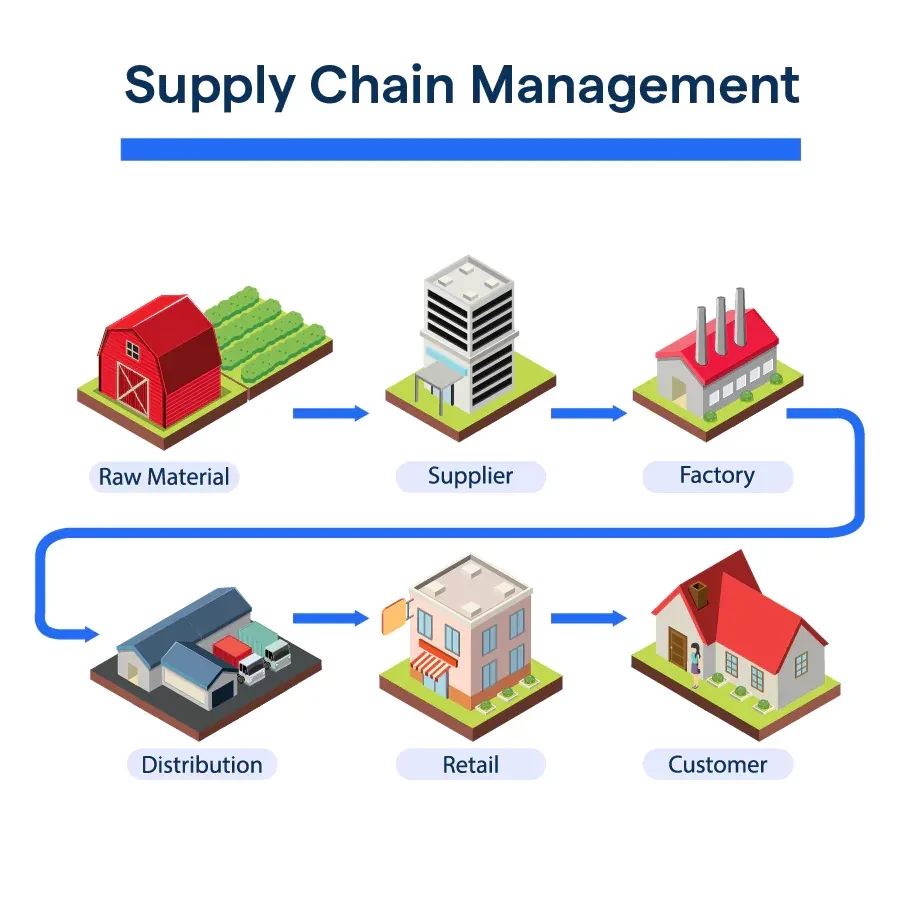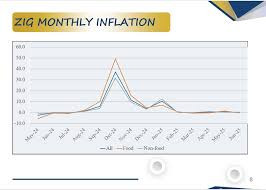
THE World Bank recently released global diaspora remittance statistics, which show that expatriates from low and middle-income countries sent over US$647 billion to their home countries in 2022.
This increase is remarkable, given the fact that it followed a similar growth of 10,6% in 2021. It also means that despite the negative impact of the war in Ukraine and economic slowdown in various high income markets, remittances remain the anchor of consumption in various low income countries such as Zimbabwe.
Remittance flows to Sub-Saharan Africa reached US$53 billion in 2022, a 6,1% increase from the previous year, following the strong growth of 16,3% in 2021.
Remittance flows to the region are projected to rise by 1,3 and 3,7% in 2023 and 2024, respectively.
Remittance flows to Sub-Saharan Africa were twice the size of foreign direct investment (FDI) inflows, and relatively more stable in the past over the years.
Migration trends
An estimated 160 million people who were born on the African continent now live and work in other parts of the world. According to the US Migration Policy Institute, sub-Saharan Africans living in the Uinted States (US) and countries such as United Kingdom, Australia and Canada are more likely to be employed and to be well educated than the average foreign worker from other countries living there, with at least 40% holding university degrees.
The money expatriates send back to Africa via traditional banks, money transfer agencies and fintech operators accounts for 3% of Africa’s Gross Domestic Product (GDP) and supports the living costs of an estimated 200 million relatives in Africa.
- EOS data analytics provides technology for modernising agriculture
- Zim agric production remains low: WB
- Collateral registry and access to credit
- U.S. cuts off Burkina Faso from Africa duty-free trade program
Keep Reading
The figure is even higher for Zimbabweans where over 3,5 million expatriates abroad now support an estimated 11 million dependents back home.
The figure represents 72% of the population. This means that consumption at household level is virtually driven by diaspora remittances.
Emigration ouflows from Zimbabwe are at record levels since the country’s independence due to persistent economic instability. Illegal border crossings continue to be high to economic powerhouse and neighbour South Africa, with limited numbers to Botswana and Zambia.
Trade off with skills flight
Zimbabwe produces more than 25 000 graduates annually from its universities and other institutions of higher learning. However, years of economic decline mean that the economy cannot absorb all the skilled labour or provide competitive remuneration to guarantee basic standards of living.
Economic instability is claiming critical skills and graduates in engineering and technology, natural and applied sciences, medical and health sciences, business and commerce and arts fields.
The exodus is pronounced on nurses, doctors, teachers, engineers, artisans and tradesman and other university graduates below the age of 45 years.
Statistics show that more than 4 000 nurses and doctors left Zimbabwe between February 2021 and December 2022. Harare City Council, which runs the capital’s fire department, said the city lost 125 firefighters in 2021 alone.
Skilled Zimbabweans are leaving for greener pastures in more developed economies, such as United Kingdom, United States, Canada and Australia where their skills are optimally remunerated, despite considerations of working and living conditions.
Remittances impact to economy
In 2022, Zimbabwe earned a total of US$11,566 billion (Up from US$9,863 billion in 2021) in foreign currency with export proceeds growing by 16,5% to US$6,742 billion and Diaspora Remittances increasing 16% to US$1,658 billion.
Despite this growth in foreign currency receipts, the country is stuck in unending policy induced foreign currency shortages on the formal market.
However, diaspora remittances to Harare now form a vital cog for consumption in the economy, which has resulted in sustained resilience over the years.
In 2022, FDI inflows into Zimbabwe were a meagre US$185 million. The figure represents 11% of what Zimbabweans in diaspora sent back home through official channels with remittances in kind or parcels not accounted for. For 2023, remittances are expected to grow to US$1,850 billion while FDI is expected to remain weak due to the uncertain economic and political environment associated with general elections due on August 23 2023.
Remittances, informal market
The overegulation winessed in Zimbabwe’s foreign exchange market over the past six years has resulted in diaspora remittances being channelled to the informal market and the proceeds rarely getting banked in the formal financial system due to exchange rate disparities and unpredictable monetary policies.
In June 2022, WorldRemit, a widely used remittance platform for Zimbabweans (Alongside Mukuru, MoneyGram and Western Union among others), said it had transferred US$216 million to Zimbabwe between January and May 2022.
This placed Zimbabwe among WorldRemit’s top three markets in Africa, at par with Kenya in second place, behind Nigeria. This means with the right exchange mechanism (where the central bank does not peg the exchange rate), local banks can handle a significant amount of the remittances.
Consumption patterns
The major purposes for diaspora remittances in Zimbabwe are largely to address household expenditure, including basic food and nutrition, health care, school fees and education related support, funerals and food and clothing.
This means that incomes for workers in the local market have been decimated by inflation and there is overreliance on diasporans. A limited amount is channeled towards building family homes.
However, a small drop (less than 2%) is channeled towards real estate or business investments in Zimbabwe.
Can remittances be repurposed?
The remarkable economic turnaround stories of Asian economic giants, such as South Korea, China and India in the 1960s to date cannot be written without mentioning the contributions made by their expatriates in the diaspora who sent billions back home each year for infrastructure and industrial development.
The remittances acted as cheap loans for development programmes in those countries under rapid economic transformation plans. The major difference with Zimbabwe is that most of these remittances were channeled to development projects through accountable and transparent policies initiated by their central governments.
Need to restore confidence
Previous engagements of the diaspora community by the government point that Zimbabweans in the diaspora are very keen to invest in sectors, such as transport and logistics, housing, renewable energy, agriculture processing, health care, financial sector, manufacturing, tourism and real estate.
To channel remittances into development projects and spur economic growth in Zimbabwe, there is need to build diaspora confidence in local financial systems through service diversification, incentivise savings, guarantee financial property rights, establish a market driven foreign exchange market where locals can collect local currency as is the case in other markets such South Africa, Egypt and Ghana; and lastly craft policies that incentivise cluster investments (crowd pulling funds), which tend to be large scale.
Diaspora infrastructure bonds (to build power plants, roads or urban water projects) with long term maturities are a clear favourite provided there is financial and economic stability in the country.
The government can also scrap costly and bureaucratic licence registration fees for Zimbabweans abroad as they are largely unnecessary for a country in desperate need for investment.
Tax holidays on capital gains tax, corporate tax and value added tax to diaspora investors can lure capital just as much as they are doing for foreign investors.
The major advantage of such a policy is that dividends form those investments will stay in Zimbabwe as opposed to foreign investments where profits are repatriated outside.
Diasporans would also be very keen to finance key infrastructure projects provided they are facilitated by financial institutions, local authorities and other independent parties instead of the government directly due to confidence issues, reasonable conflict of interest and possible abuse of funds.
The government’s role in such deals is to be underwriters, providing the legal framework and promoting investment through tax breaks among other incentives.
The emigration trend is increasing as economic decline in Zimbabwe pushes many into unemployment and extreme poverty.
The emigration of skilled labour force to the diaspora has negative impact to the local economy, nonetheless their remittances back home can do far much more for the country than supporting families left behind.
If the much sought after FDI inflows into Zimbabwe average US$260 million in the last 10 years, then at least US$300 million in diaspora remittances channelled to development projects can go a long way to boost the formal economy or developmental projects.
The key question is on whether the government is willing to incentivise the diaspora community to partner in key projects just as much as they do to source loans from external financiers at high interest rates or incentive foreigners who only invest a fraction of what Zimbabweans abroad send back home.
Like foreign investors, Zimbabweans in diaspora also want land, mining claims and exclusive prospecting orders (EPOs), tax breaks, national project statuses and government incentives for their hard earned income that can easily be turned into development funds.
Can Zimbabwe’s central bank see the bigger picture of millions of dollars coming through the formal financial system, savings and a vibrant credit market more than controlling a dwindling foreign exchange market derived from cheap retained export earnings?
Bhoroma is an economic analyst. He holds an MBA from the University of Zimbabwe. — Email vbhoroma@gmail.com or Twitter @VictorBhoroma1.










